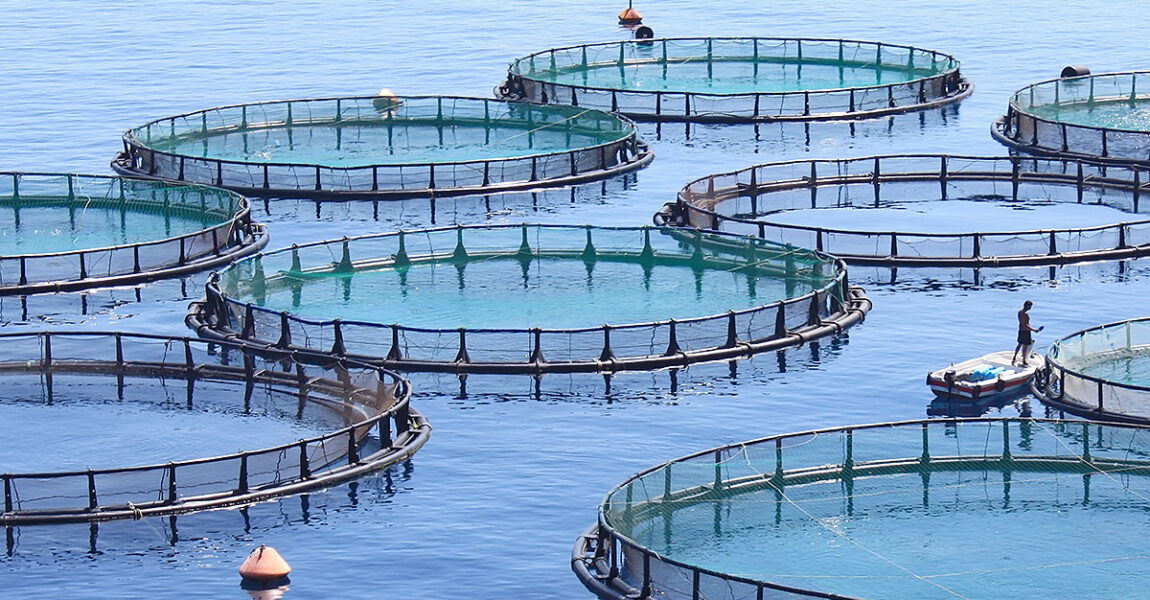
Aqua Farming and Filtration: The Perfect Pair for Sustainable Water Solutions
In today’s world, where the demand for clean water and sustainable food production is on the rise, the intersection of aquaculture and water filtration has emerged as a game-changer. This article explores how combining aqua farming and filtration can pave the way for sustainable practices. Join us as we delve into this innovative approach to clean water and responsible food production.
The Aqua Farming Advantage
Aqua farming, also known as aquaculture, involves the cultivation of aquatic organisms like fish, shrimp, and mollusks in controlled environments. This method offers several advantages, including reduced pressure on overfished wild populations, consistent production, and a lower carbon footprint compared to traditional fisheries. However, successful aqua farming heavily relies on maintaining pristine water quality.
Water Filtration: The Unsung Hero
This is where water filtration comes into play. Ensuring the health and well-being of aquatic organisms in aqua farms hinges on maintaining water conditions that mimic their natural habitats. To achieve this, advanced water filtration technologies are employed.
Key Water Filtration Technologies
- Reverse Osmosis (RO): RO systems remove impurities from water by passing it through a semi-permeable membrane. They effectively eliminate contaminants, ensuring that the water in aqua farms remains crystal clear and free from harmful substances.
- Activated Carbon Filtration: Activated carbon filters adsorb organic compounds, chlorine, and other unwanted chemicals from the water. This not only benefits the aquatic organisms but also improves the taste and odor of the water.
- Ultraviolet (UV) Disinfection: UV technology destroys harmful microorganisms, viruses, and bacteria without the use of chemicals. It helps maintain a pathogen-free environment for the aquatic inhabitants.
- Ion Exchange: Ion exchange resins can remove specific ions, such as heavy metals, from water, ensuring the safety of the aquatic ecosystem.
Sustainability at Its Core
The passion for sustainable water practices is evident in the work done. By combining aqua farming and filtration, we not only secure a continuous supply of high-quality aquatic products but also contribute to environmental conservation.
Challenges and Solutions
While the synergy between aqua farming and filtration is promising, effective communication is key. Clients, especially those new to the concept, might struggle to grasp the technical aspects. To address this, focus on breaking down complex concepts into easily digestible information, ensuring that clients fully understand the benefits of this sustainable approach.
Conclusion
In the pursuit of sustainable practices and clean water, the marriage of aqua farming and water filtration stands as a beacon of hope. The expertise highlights the transformative potential of this union, providing a blueprint for a future where access to clean water and responsible food production are not only possible but also thriving.
In a world where water resources are increasingly strained, the fusion of aqua farming and water filtration offers a glimpse into a brighter, more sustainable future. By embracing these technologies and practices, we can ensure that both our planet and its inhabitants thrive for generations to come.
#AquaFarming #WaterFiltration #Sustainability #CleanWater #FiltrationTechnology #AquaticHealth #SustainableAquaFarming #SustainablePractices #EcoFriendlyFarming #CleanWaterInitiatives #SustainableSolutions #ClearCommunication #SustainableFuture #CleanWaterForAll #AquacultureInnovation
- October 9, 2023
- 1
- Environmental and Sustainability Aspects
1 Comment